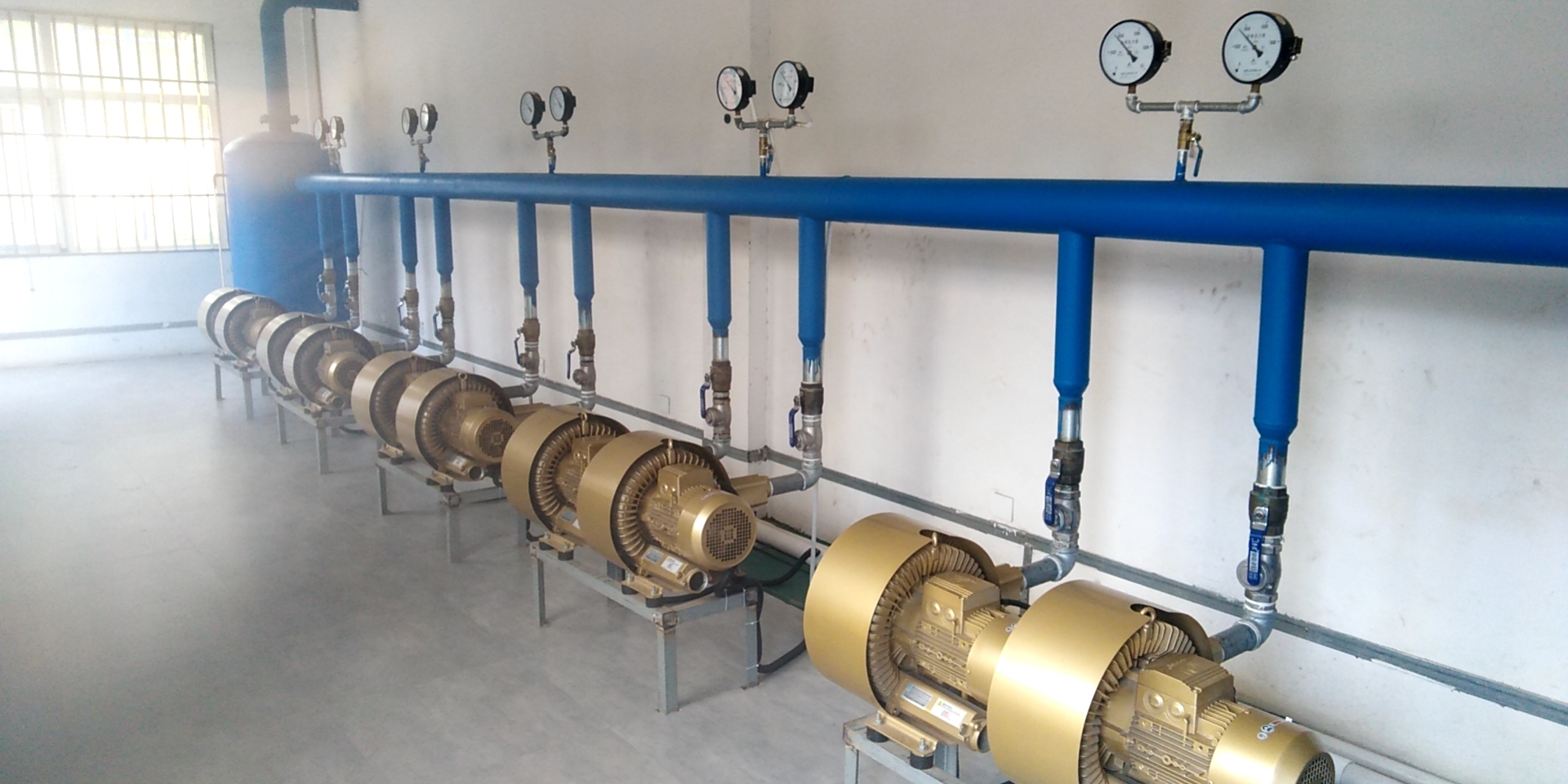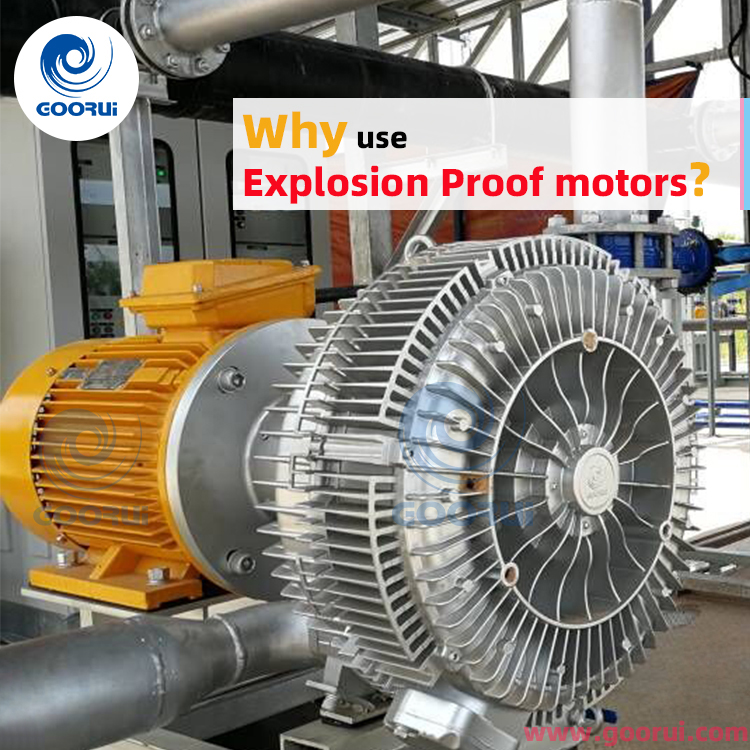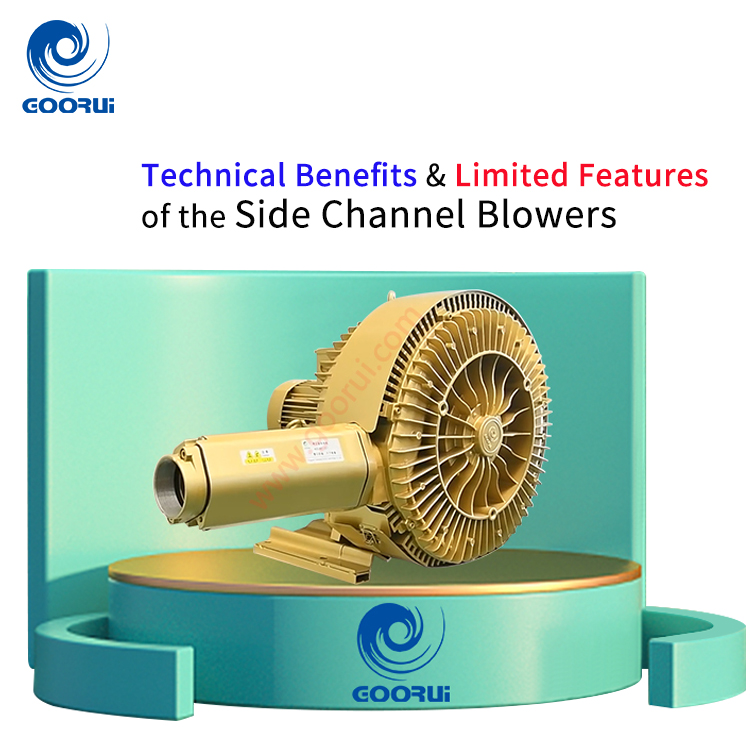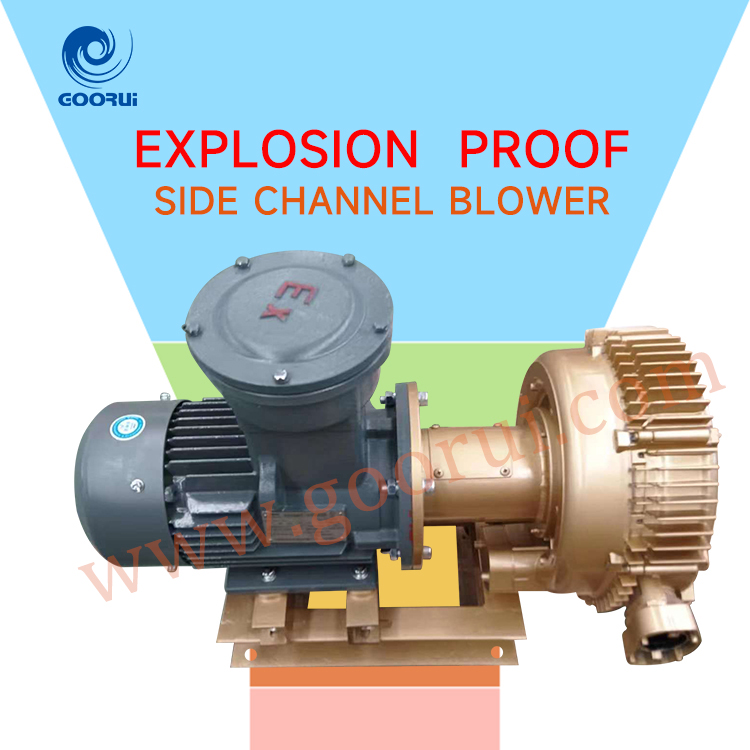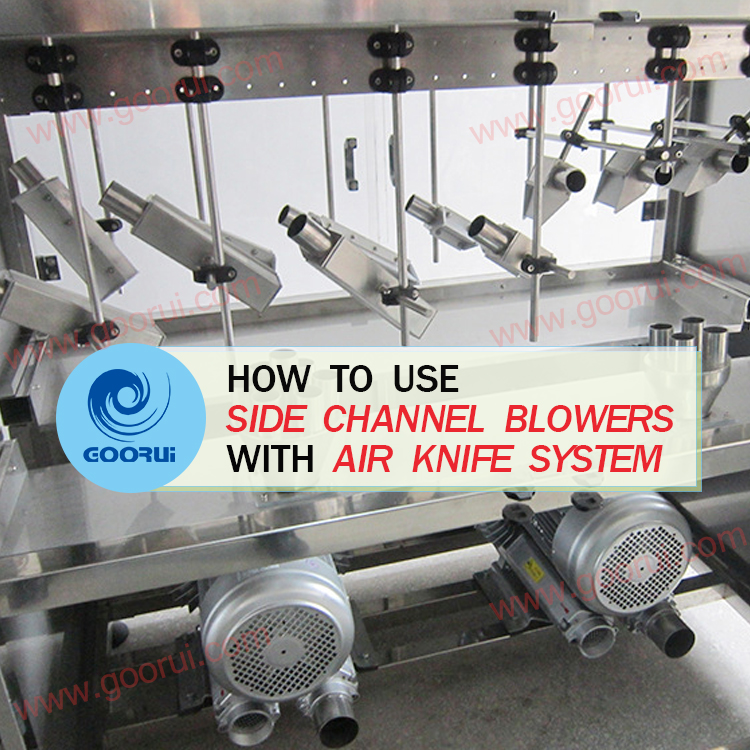By owning a functional industrial blower in your industry, you can achieve effective operation. However, purchasing one for the first time might leave you with some questions of what an industrial blower is, and the different types available. To help make your buying process smooth, we have compiled some information that will answer your questions. The article contains four things you need to know about an industrial blower before you make your purchase.
What is an Industrial Blower?
An industrial blower is mainly composed of an impeller, casing, inlet collector, deflector, motor, etc. They are electric fans with wheels and blades to drive the flow of air or gas from one point to another of a particular specification.
The industrial air blower can be used when conveying, ventilating, cooling, aspirating, exhausting or other means of flow are required. Almost every industry, such as agriculture, chemistry, medicine, oil and gas, automobiles, food processing, mining and construction, uses blowers for specific purposes.
Different types of Industrial blower
First of all, you should know the difference between an industrial blower and a fan. An industrial blower has a discharge over suction pressure falling between 1.1 and 1.2, anything below that is called a fan. This rating is in accordance with ASME standards. According to the direction of air flow, there are two types of industrial blowers: centrifugal blower and axial blower
- Centrifugal Blower
As the name suggests, these blowers make use of a rotating disc and perpendicular blades that perform their operation using centrifugal force. This high-pressure blower is used for heavy-duty operations and is suitable in industries where there are large particles of dust in the air. The high pressure of air generated is suitable for high temperature and moisture environment.
- Axial Blower
Axial blowers unlike centrifugal blowers generate lower air pressure from their operation. Therefore, they are used in more moderate environments with lower temperatures and finer air particles. These air blowers have their blades extending radially from the outer diameter of the fan chamber.
Advantages of an Industrial blower
The perks of an industrial blower almost go without saying, as long as you know what an industrial air blower is. However, these are three advantages.
- With the right blower, you can eliminate/move a large amount of static air quickly
- Low cost of operation: The operation cost of an industrial blower is less than the cost of its alternative – an air compressor. It is also easier to set up, operate, and maintain.
- Reduces air pollution: An industrial air blowerreduces air pollution in spaces that require a safer environment and higher efficiency of machines.
Uses of an industrial blower
Industrial air blowers are used in different industries in; dust collection systems, air conveyor systems, heating, and cooling system, combustion systems, etc.
In conclusion, industrial air blowers are always essential when used in most industries. They propel proper function of systems, reduce the need for maintenance, and help to move polluted air. Since they are so essential, they must be operating at optimal capacity. Therefore, careful selection of the equipment manufacturer is mandatory.
Goorui specializes in the manufacture of industrial air blowers that suit the needs of customers. With a customer-oriented philosophy, we have been able to produce world-class industrial blowers and provide OEM/ODM service for over twenty years. Our products include high speed blowers and side channel blowers applicable to the modern requirements of various industries.


